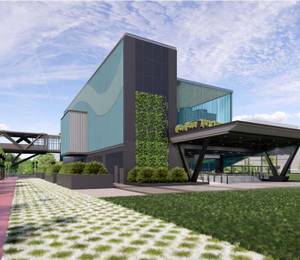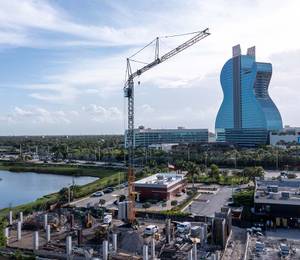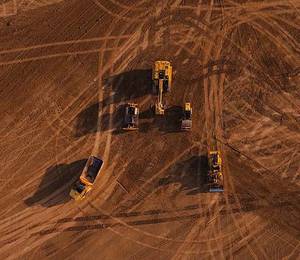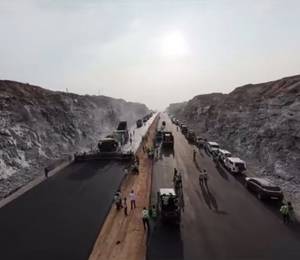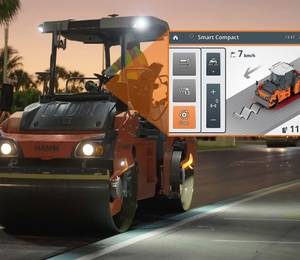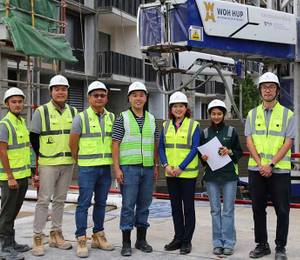India’s National High Speed Rail Corporation Limited (NHSRCL) has awarded a contract to Afcons Infrastructure Limited for the construction of a 21-km-long tunnel in the state of Maharashtra, which includes the country’s first undersea rail tunnel featuring approximately 7 km long, as part of the Mumbai-Ahmedabad High Speed Rail (MAHSR) corridor.
The technical bids and financial bids for this tender, the MAHSR C-2 package, were opened on 9 February and 6 April 2023 respectively.
“Construction of a 21-km tunnel is one of the most challenging contracts of the Mumbai-Ahmedabad HSR corridor, which includes construction of the country’s first twin-track undersea rail tunnel of 7 km at Thane Creek. Three tunnel boring machines and the New Austrian Tunnelling Method [NATM] will be used for the construction of this tunnel,” said Shri Rajendra Prasad, managing director of NHSRCL.
According to NHSRC, the 21-km tunnel will run between the underground station at Bandra-Kurla Complex and Shilphata, with the 7-km undersea rail tunnel at Thane Creek (intertidal zone). It will be a single-tube tunnel to accommodate twin tracks for both up and down track. A total of 39 equipment rooms at 37 locations will also be constructed, as part of the package.
The tunnel will be around 25- to 65-m-deep from the ground level. Three tunnel boring machines (TBMs) will be deployed to create about 16 km of the tunnel portion, while the remaining 5 km will be built using the NATM method.
To construct this tunnel, TBMs with a cutterhead diameter of 13.1 m will be adopted, which NHSRCL said is quite different from the 5- to 6-m-diameter cutterheads normally used for urban tunnels in the MRTS – Metro system.
NHSRCL further revealed that three shafts at BKC (under package C1), Vikhroli and Sawli at approximate depths of 36, 56 and 39 m respectively will facilitate the construction of the project. An inclined shaft of 42 m at Ghansoli and a tunnel portal at Shilphata will facilitate the construction of the approximately 5-km tunnel.
All images: NHSRCL
